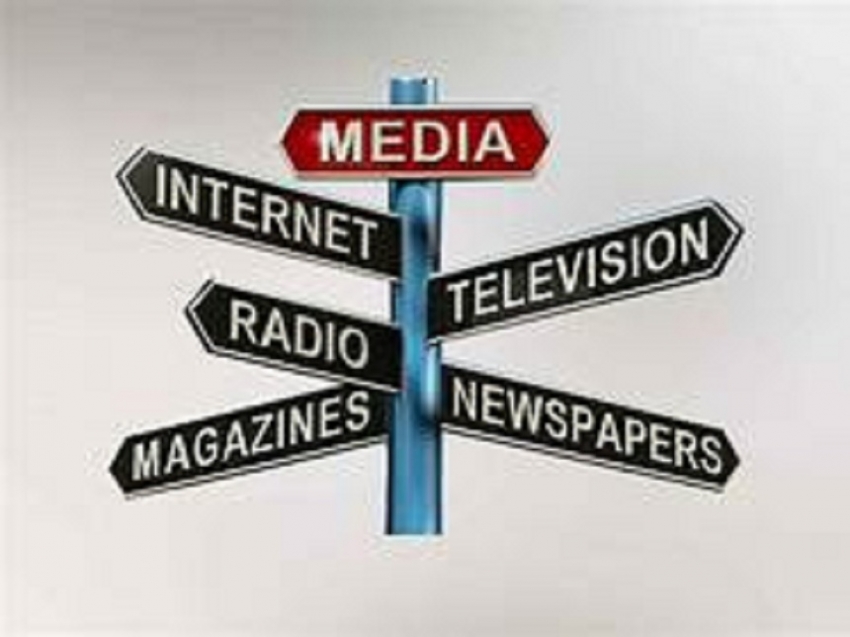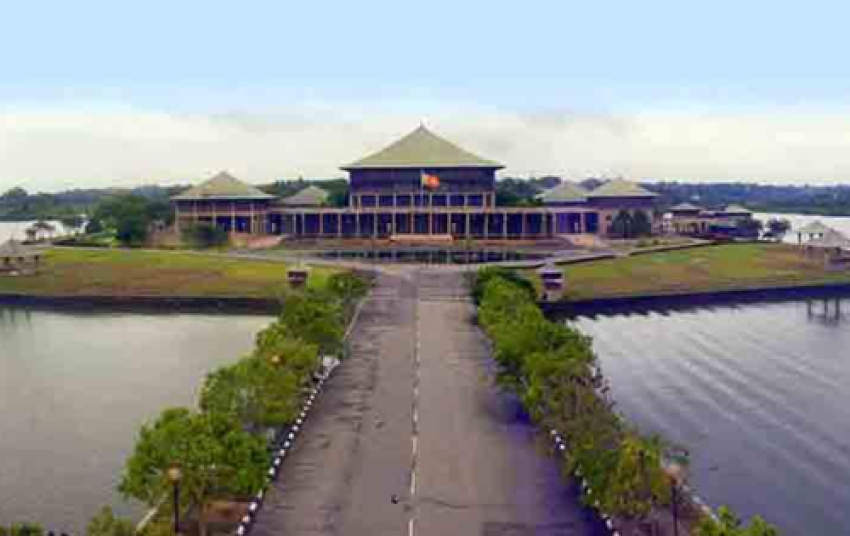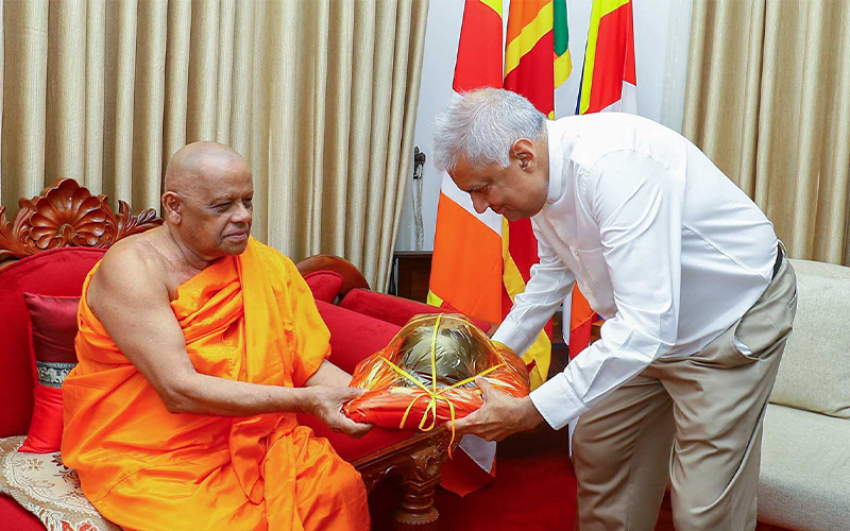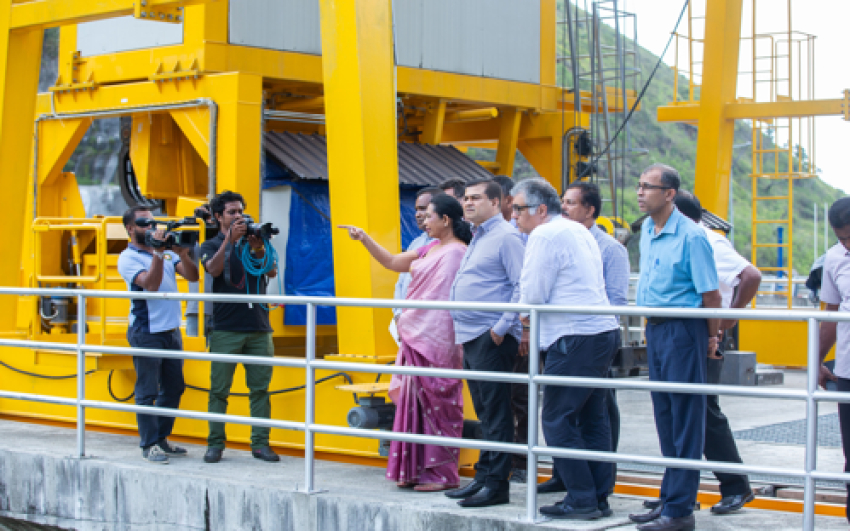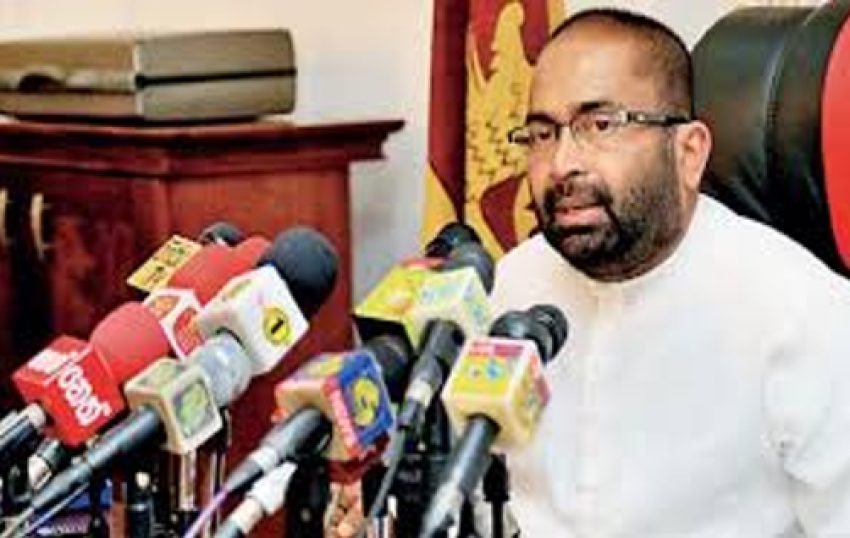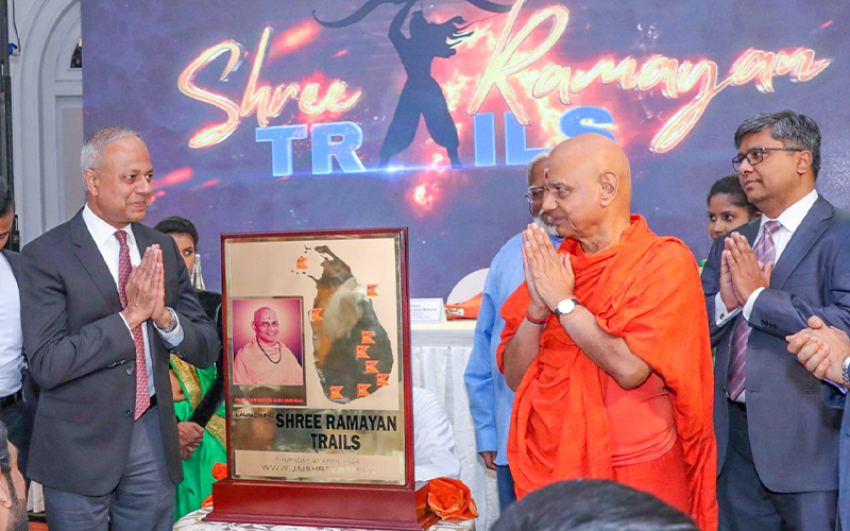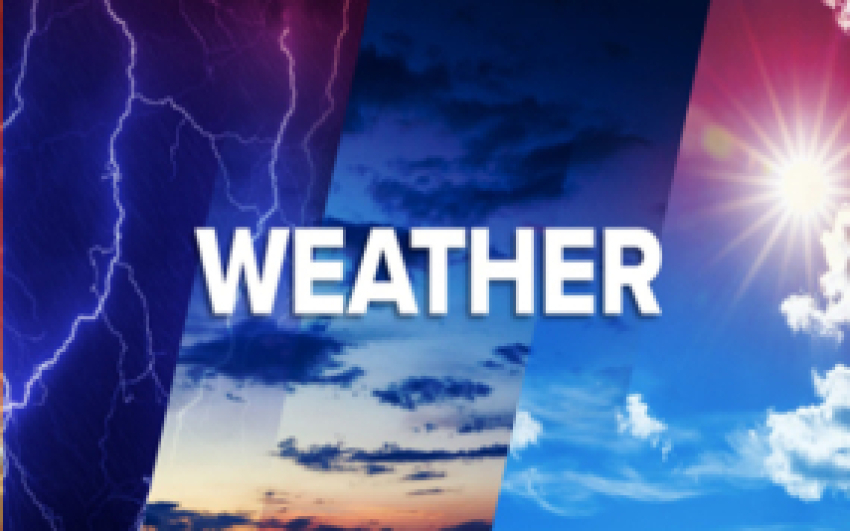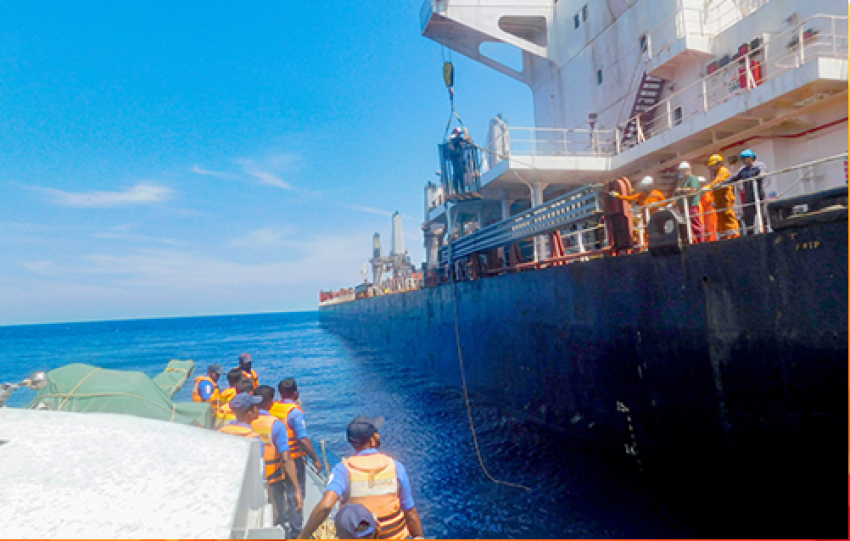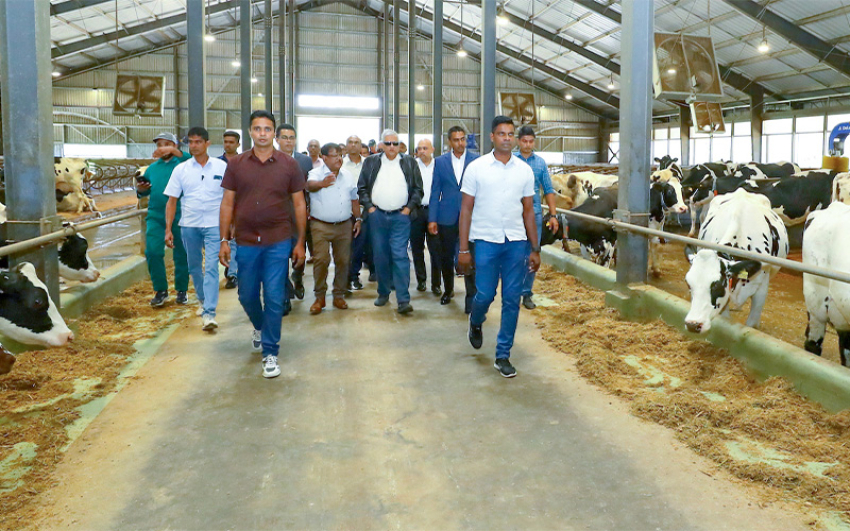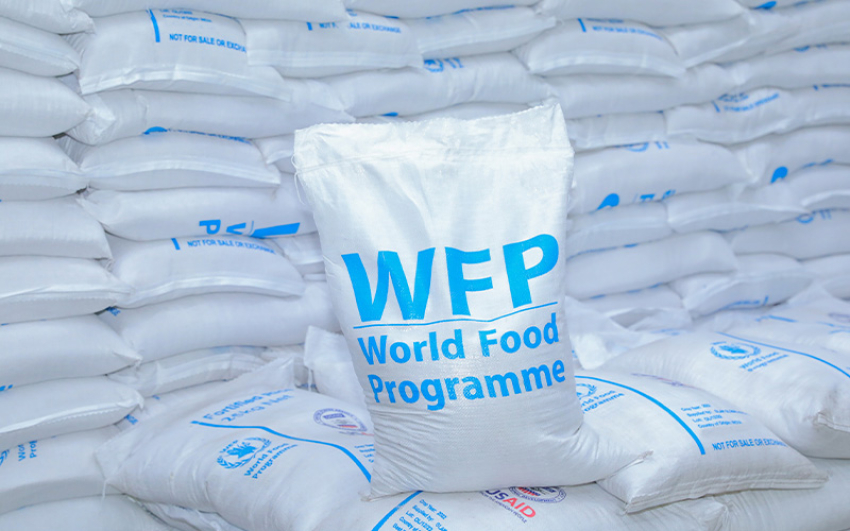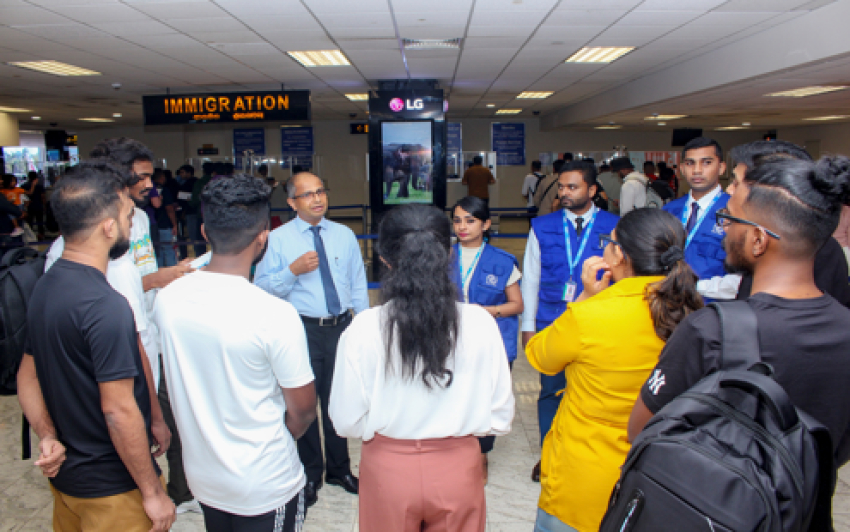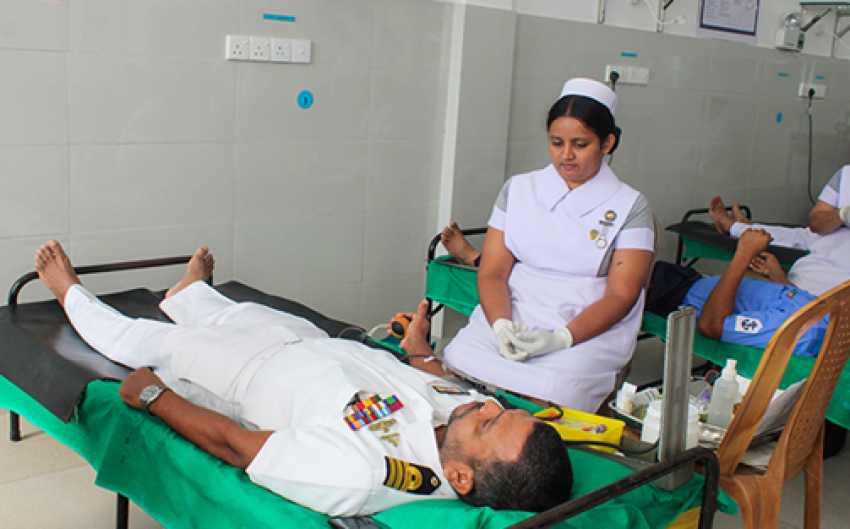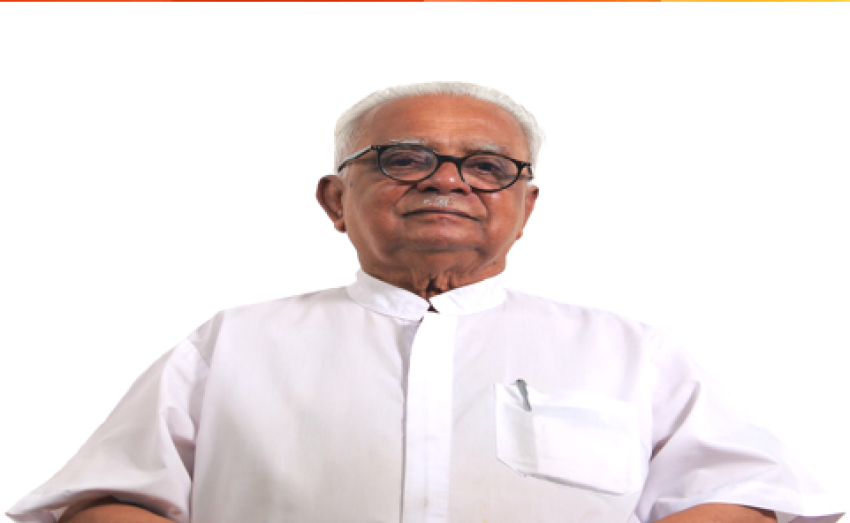A fortnight ago, people belonging to various sections of the artistic society, i.e. art, drama, media, cinema, went to almost all the mainstream media institutions carrying a message of transforming the media mechanism to one that is more responsible towards the public. This is a claim that cannot be easily disregarded. While some sections of the media regarded their initiative as a joke, some media stations welcomed the silent protestors and accepted their letter.
“During the recent political coup in the country, a large number of activists from various spheres joined hands to demand impartial media coverage and reporting. While the majority blamed politicians, a discussion on biased media also came to the fore. For example, institutions such as Lake House made a complete turnaround overnight.
We demanded that the media organisations report the truth. That too was distorted by media institutions. Therefore, we called for media organisations to regulate themselves. This did not go down well with some sections of the media and we were labelled as NGO activists” said journalist and Rights Activist Kasun Pussawela.
Committee
In this background, Minister of Finance and Mass Media, Mangala Samaraweera has appointed a seven- member committee headed by former consultant to UNESCO, Wijayananda Jayaweera.
Prof. Jayadeva Uyangoda, Dr. Pradeep Weerasinghe, Nalaka Gunawardene, Kaushalya Fernando, Anoma Rajakaruna and Sudarshana Gunewardene are the other members of the committee.
The committee appointed on January 31, to reform state media has met on two occasions since. During the first meeting, the objectives of the committee along with the mandate and methodology were discussed. The committee is currently engaged in reviewing the process and obtaining the documentation.
The focus of the Committee will be on state media institutions, namely SLBC, SLRC, ITN and Lake House which are under direct government control. As a result, there have been many calls for the Government not to own or operate media institutions if it wishes to be a regulator, as it will give them the power to regulate organsations which are not under their control as well while operating their own media organisations.
From an academic point of view, there are two theories with regard to the existence of state media. One theory, named as the ‘ Public Interest Theory’ suggests that State media is needed as it disseminates the information for public good.
In contrast to this, the Public Choice Theory stresses that state media would manipulate and distort the information and finally be a threat to the democratic institutions of a country. This is deemed to be unfair as well as going against the freedom of media.
Unbiased reporting
In Sri Lanka, since 1994 many committees were appointed for the same purpose but there had been no significant change. After the recent political upheaval, there was much criticism of the role of the media during this time.Rights and media freedom activists were, therefore, moved to call for unbiased reporting but this earned them the wrath of some media institutions. Therefore, the rationale behind the establishment of the Committee is that while the Government understands the need to reform private media, it should first make the changes in state media and transform it for the better. The Committee is expected to make recommendations for transforming state-owned media to public service media ensuring that the institutions will act above party politics. The government of the day should not control state-owned media organisations.
Nalaka Gunawardene, a member of the committee, distinguished between the two terms, state media and public media. “State media is that government or the state having media publishing or broadcasting institutions, directly under the Government in office.
That is what we have in Sri Lanka if you look at Lake House, SLRC, SLBC and ITN. Public media has the notion of public institutions like the Parliament and the Judiciary and which have some kind of public funding going in to it but these public institutions should maintain an independent editorial. That means the political party in power cannot determine the editorial content, analysis or positions.So by law, complete media independence is guaranteed to those institution,” said Nalaka. In the meantime, a committee member of the Sri Lanka Working Journalists Association and veteran journalist Lasantha Ruhunage told the Sunday Observer that transforming state media into public media had been a call for many years.
It’s been more than four years since this government has come to power. They didn’t do anything on this subject so far. Transforming state media into public media is a request made a long time ago. But no government paid attention to that request raised by the media. If we take Lake House, it is an institution taken over by the Government. To convert Lake House to a public media institution, a successful adoption of the law passed at time of taking over Lake House is more than enough,” said Ruhunage.
Public funding is another key difference between both state media and public media. For instance, the BBC in UK is a good example for the public funding as they managed to earn a large portion of their revenue by the television licensing fee collected from all households.
“In some countries they have a lottery dedicated for this type of media institution funding. In other countries such as Japan and UK, there is a broadcast licence at household level,” said Nalaka.
Conversion
Conversion of State Media to Public Media certainly is a positive change in the democratic and totalitarian atmosphere of the country. But the compatibility between the forthcoming suggestions of the Committee and the political interest could be the next challenge. “This Government keeps hailing the 19th Amendment, we see it all the time. So, why can’t they appoint an independent commission to run all the state media. It is one good option the government can experiment with ”, said Ruhunage.
“The recent political coup, gave rise to a discussion about media regulation and independence. But we wonder that even though they claim that they hope to reform state media, if the real intention is not only to regulate state media but private media as well, thereby curtailing media freedom. Once the state media is regulated, private media too will have to act accordingly. Therefore, we are not agreeable to a committee being formed to reform state media. This is because certain committee members were in government positions or connected to it. Some even drafted documents introducing policies to regulate media”, said Pussawela.
“The media must not only be independent but also be ethical. But this cannot be achieved through state regulation. As a journalist, I believe what should happen is self-regulation and those organisations should be provided the environment to act in such a manner. We are not agreeable to a committee being formed for this purpose instead,” he said.

